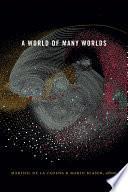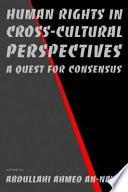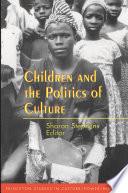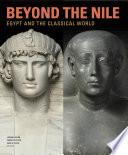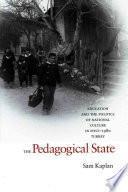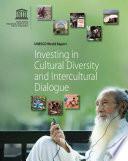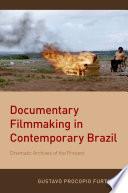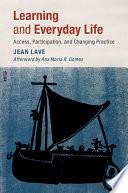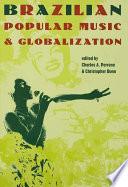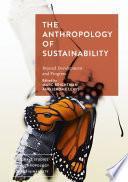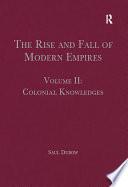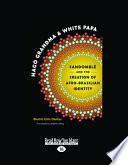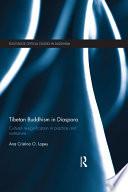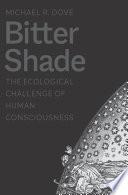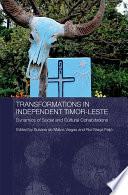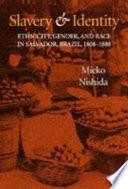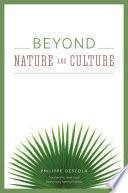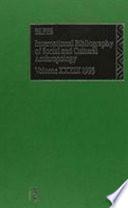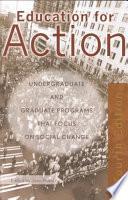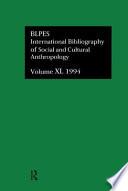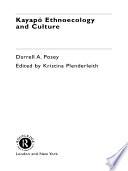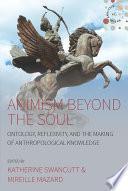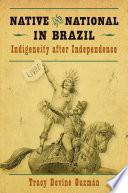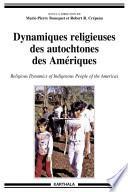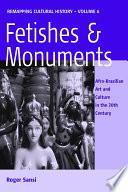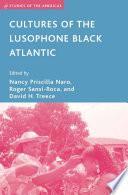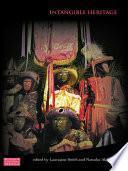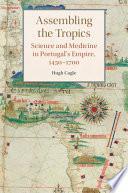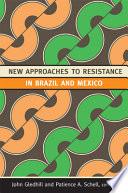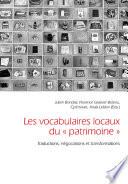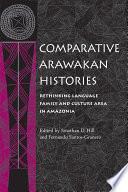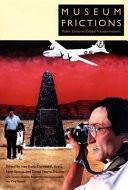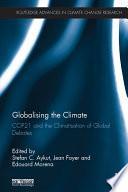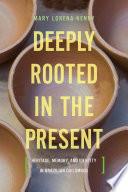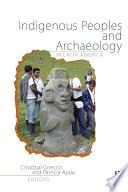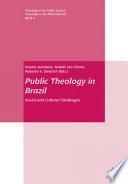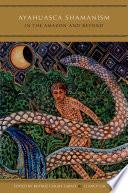
Ayahuasca Shamanism in the Amazon and Beyond
Author: Beatriz Caiuby Labate , Clancy Cavnar
Number of pages: 256Beatriz Caiuby Labate and Clancy Cavnar offer an in-depth exploration of how Amerindian epistemology and ontology concerning indigenous shamanic rituals of the Amazon have spread to Western societies, and of how indigenous, mestizo, and cosmopolitan cultures have engaged with and transformed these forest traditions. The volume focuses on the use of ayahuasca, a psychoactive drink essential in many indigenous shamanic rituals of the Amazon. Ayahuasca use has spread to countries far beyond its Amazonian origin, spurring a wide variety of legal and cultural responses. The essays in this volume look at how these responses have influenced ritual design and performance in traditional and non-traditional contexts, how displaced indigenous people and rubber tappers are engaged in the creative reinvention of rituals, and how these rituals help build ethnic alliances and cultural and political strategies. These essays explore important classic and contemporary issues in anthropology, including the relationship between the expansion of ecotourism and ethnic tourism and recent indigenous cultural revival and the emergence of new ethnic identities. The volume also examines trends in the...
